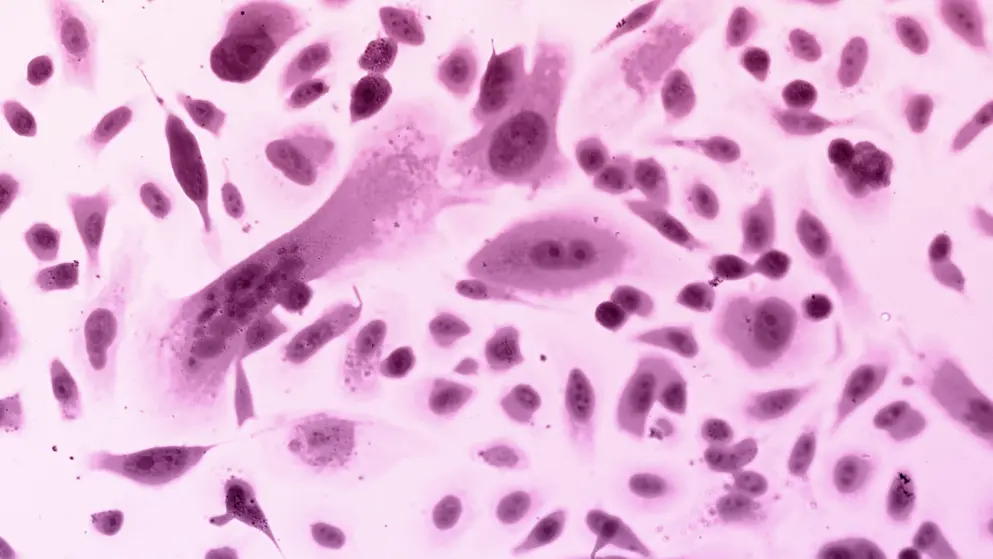
Treatment with apalutamide (Erleada) demonstrated consistent 24-month overall survival (OS) data between real-world patients with metastatic castration-sensitive prostate cancer.- Johnson & Johnson
Treatment with apalutamide (Erleada) demonstrated consistent 24-month overall survival (OS) data between real-world patients with metastatic castration-sensitive prostate cancer (mCSPC) and those treated in the phase III TITAN trial (NCT02489318). These findings, presented at the 50th Annual Oncology Nursing Society Congress , demonstrated that at 24 months after treatment initiation, patients with mCSPC who were not previously treated with androgen receptor pathway nhibitors (ARPIs) and received apalutamide showed a 23% reduction in the risk of death compared with patients treated with enzalutamide (Xtandi; HR, 0.77; 95% CI, 0.62-0.96; P = .019); this OS result was also consistent when using all available follow-up (HR, 0.77; 95% CI, 0.64-0.93; nominal P = .008). Patients treated with apalutamide after 24 months post-index had a 26% reduction in the risk of death vs patients treated with abiraterone acetate (Zytiga; HR, 0.74; 95% CI, 0.59-0.93; P = .010); this OS result was also consistent when using all available follow-up (HR, 0.72; 95% CI, 0.59-0.88; nominal P < .001).
“All 3 agents have demonstrated statistically significant reductions in disease progression and death as compared with androgen deprivation therapy [ADT] alone in patients with mCSPC in phase III trials,” said Kelly Hastings, ANP-BC, MSN, senior medical science liaison at Johnson & Johnson Innovative Medicine, in a poster presentation of the findings. “However, there are currently no head-to-head studies comparing the survival outcomes [or disease progression] between apalutamide and either of the 2 agents in ARPI-naive patients with mCSPC.
In September 2019, the FDA approved apalutamide for the treatment of patients with mCSPC, which was based on data from the phase III TITAN trial. Results from the final analysis revealed that apalutamide plus ADT led to a 35% reduction in the risk of death compared with placebo plus ADT, with a median OS that was not reached (NR) vs 52.2 months, respectively (HR, 0.65; 95% CI, 0.53-0.79; P < .0001). In December 2019, the FDA approved enzalutamide for the treatment of patients with mCSPC, which was based on findings from the phase III ARCHES trial (NCT02677896). Of note,nzalutamide plus ADT significantly reduced the risk of radiographic progression or death vs placebo plus ADT (HR, 0.39; 95% CI, 0.30-0.50; P < .001). Moreover, the FDA approved abiraterone acetate with prednisone for high-risk mCSPC in February 2018 based on findings from the phase III LATITUDE trial (NCT0175285). In the final OS analysis of the study, the median OS was significantly longer in the abiraterone acetate cohort at 53.3 months (95% CI, 48.2-NR) vs 36.5 months in the placebo cohort (95% CI, 33.5-40.0; HR, 0.66; 95% CI, 0.56-0.78; P < .0001).

